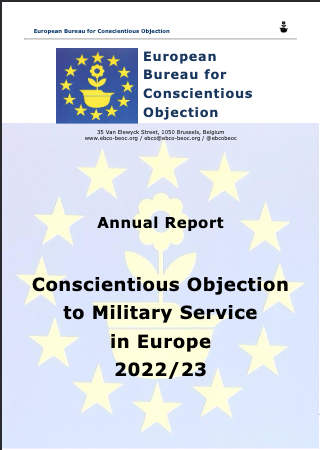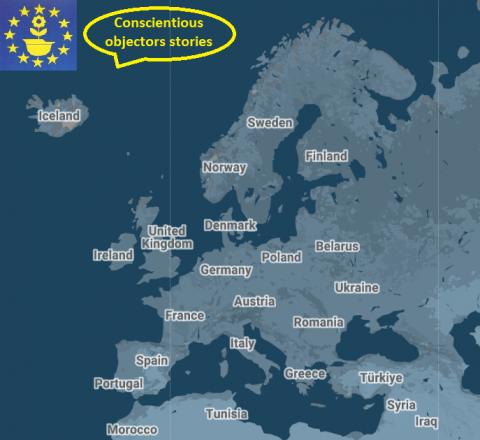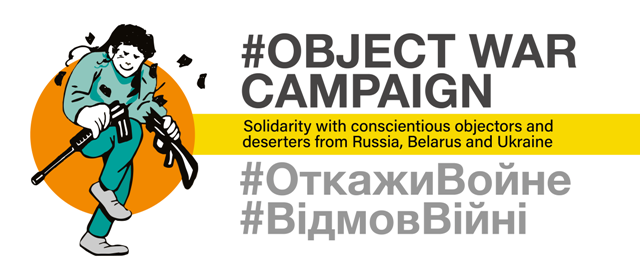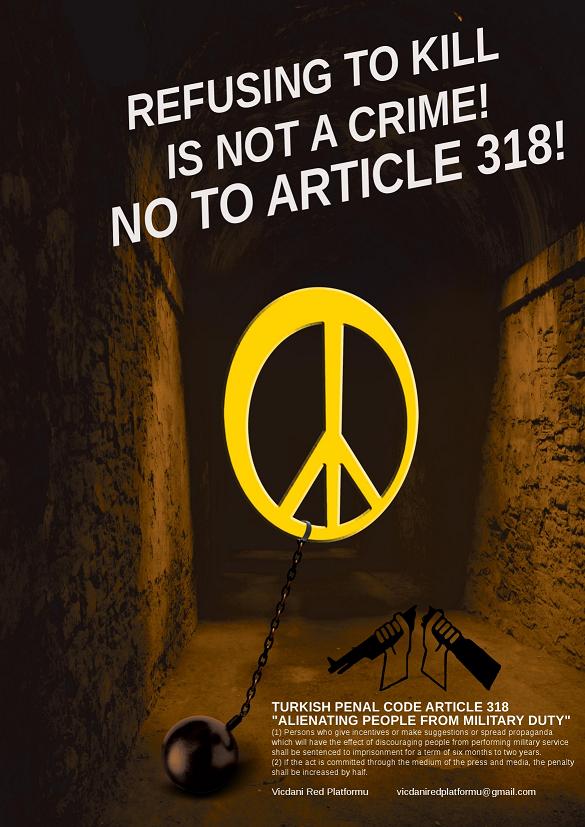EBCO visits Cyprus for the court hearing of C.O. Murat Kanatli
The European Bureau for Conscientious Objection calls for the immediate and unconditional end of the persecution of Turkish Cypriot conscientious objector Murat Kanatli, whose court hearing will take place tomorrow at the military court in Nicosia (northern part), Cyprus. Claude Verrel, French Board Member of the European Bureau for Conscientious Objection, will be present at the military court to defend Murat Kanatli, call for the end of his persecution and express the international solidarity with him.
Murat Kanatli, an EBCO Board member, declared his conscientious objection in 2009 and has refused to participate in the annual, compulsory military exercises in the northern part of Cyprus. His first court hearing in the military court was scheduled for June 14th 2011.On that day, he had announced that his goal is for the human resources of war to dry up and that personally he will not participate in any war, so it is meaningless to participate in any preparation for war. “If there was a war in Cyprus, I would not take sides. Who are our enemies? Is it anyone who is on the other side of the barbed wire? Are our enemies the friends that we drink coffee with every day in Ledra Street?”
The case has been postponed first to July 5th, July 26th and then to September 29th. The next hearing is tomorrow, November 24th.
Meanwhile, yesterday the European Court of Human Rights held, unanimously, that there had been a violation of Article 9 (right to freedom of thought, conscience and religion) of the European Convention on Human Rights and, a violation of Article 6 (right to a fair trial) of the Convention in the case Erçep v. Turkey (application no. 43965/04), which concerned the refusal by the applicant, a Jehovah’s Witness and conscientious objector, to perform military service for reasons of conscience.
The Court had recently reviewed its case-law concerning conscientious objectors, in its Grand Chamber judgment in Bayatyan v. Armenia. In that judgment it had noted that Article 9 did not explicitly refer to a right to conscientious objection. However, it considered that opposition to military service, where it was motivated by a serious and insurmountable conflict between the obligation to serve in the army and a person’s conscience, constituted a conviction or belief of sufficient importance to attract the guarantees of Article 9.










